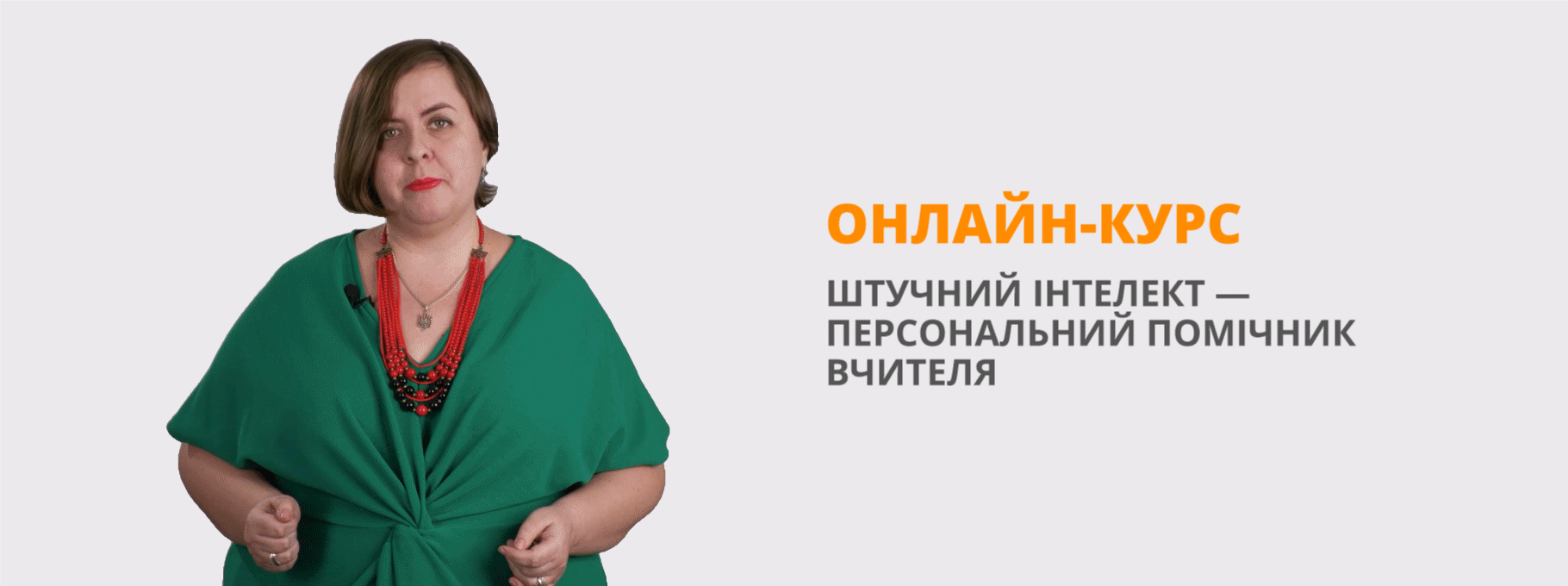Пунктуаційні, орфографічні та граматичні інновації в англійській мові під впливом Інтернету
Бойко Н.І.
вчитель англійської мови
ОЗО «Овруцька гімназія
ім. А. Малишка»,
м. Овруч, Житомирської області
Пунктуаційні, орфографічні та
граматичні інновації в англійській мові під впливом Інтернету
Англійська мова Інтернету створює нові норми і впливає на рідну мову англомовних країн. Письмова мова в Інтернеті втрачає частину засобів, які розрізняють зміст та властивих усній мові - в першу чергу інтонацію, міміку і жести (тобто саме ті засоби вираження, які передають емоційний компонент), і роль компенсаторного механізму виконує графічне оформлення тексту повідомлення. Заголовні букви або повторення однієї і тієї ж графеми - це графічний спосіб відбити смислову важливість даної інформації.
Наприклад:
1. I *DEMAND* we all go a watch Andrew Davies hilarious black university-based comedy starring Peter Davison & Graham Crowdon — A VERY PECULIAR PRACTICE — riiiiiiight now!
2. First we are VERY unrealistic about College
3. Soooooo;....does this mean that all the "HOPE scholarships, all the Alac, Chick-Filet",...and any other scholarships given out are a waste of money and time?
4. To be serious, why are we punishing the hardest working Americans, TEACHERS.
Строчні літери замість прийнятих заголовних - графічний спосіб висловити своє негативне ставлення до порушеної теми, тим самим привертаючи увагу до слів і виділяючи їх з контексту.
1. As a uni science student at one of the top uk universities (russel group) i must say that the system leaves a lot to desire.
2. Universities don't know chinese or Indian cheet sheets; they can't read them.
3. if your iq is 100 most, like 90 percent, fall into the "just show up for the seat time to get the A" bracket.
4. Corporations elected Ronald regan who saluted them by starting with the air Controllers.
Особливо варто зупинитися на розділових знаках. Правила пунктуації в будь-якій мові лише частково відображають смислові відтінки, що вносяться відправником повідомлення в текст, а в більшості випадків є кодифікованими формальними правилами. Неформальна комунікація в системі Інтернет повертає пунктуації її семантичний характер.
Коми роблять акцент на значимості інформації і змушують звернути увагу. Три крапки багатофункціональні і сигналізують читачеві:
- затримайся на попередньому слові;
- зверни особливу увагу на наступне слово;
- написане тут означає більше, ніж просто слова;
- склади картинку зі шматочків - як тобі подобається;
- я дуже схвильований;
- я не можу подібрати потрібного слова;
- май на увазі: це не об'єктивна інформації - це просто відчуття, враження.
1. For those of us "first generation'ers" university education was, and remains, the way out. // I fear the day when 50% of the population are targeted with attaining PhD's...
2. So, I suppose my question is, who is supervising these students and why are they letting them think they can get away with it? // And I thought university made students work hard to get degrees...
3. Phys ed, and subjects not relating to preparing students for careers is about money. // Once again,....college and universities "cover-ups".....
4. For 5 years, I received the pink slip, twice a year. // ... for times like these... witch hunts where you have politicians who claim to know something about being in a classroom... and go out to fire anyone...
Тире також виділяє значущу інформацію, яка зазвичай протиставляється попередньому тексту. У дужки поміщається те, що неважливо, а також то, що відноситься до метатексту.
1. You see, Universities are (have to be) run for profit — reduction in income and the least economically feasible and most "unpopular" research areas (lets see, something like quantum physics — something that doesn't attract many students and needs considerable external funding to support) are the first to go — in other words the stuff that might be of most importance for humanity...
2. The first thing employers need to know is your standard of English and usually maths — but you still have not understood the difference between a plural (universities) and a (Saxon) genitive — university's and cf individuals and individual's.
3. The learning outcomes may have been met, but the content — in its entirety — not so much (e.g., history of the institution thrown into Freshman Comp.
4. So a 25 year old (since many teachers are hired right out of college) has a guaranteed job for life — and then pension and lifetime health insurance benefits.
Відсутність ком - також відмітна ознака мови Інтернету і результат «економії зусиль». Для довгих речень з відсутніми знаками пунктуації носії мови ввели термін «Run-on sentences», що відповідає їх «поточному» характеру [6].
Відступ від граматичних норм виражається в компресії тексту:
- графічній. Економія знаків:
- Za NULabour — The New Labour;
- £5k (k = kilo = 1000),
- dont know — don't know;
- gov't agencies — government agencies, 4-yr programs — four year programs;
- through 12th grade (відсутність певного артикля the перед порядковим числівником не має суттєвого впливу на сприйняття й розуміння),
- students & teachers (& — and)
- синтаксичній. Активне використання еліптичних конструкцій: Disgusted (I’m disgusted); The ring-fenced budgets for the NHS and the cutting of budgets for higher education (It means the ring-fenced budgets…; Encouraging to see how resourceful, commercial and tec-savvy the latest crop of graduates are (It's encouraging…); the difference? (What's the difference?); Bad idea to take away tenure. (It's a bad idea…)
- морфологичній: uni замість university, Lib Dems — Liberal Democrats, polys — polytechnics; Post Grad — post graduate, cf — порівняй (мат.); Phys ed — physical education, undergrad — undergraduate, prereqs — pre-requisites; Gov. — Governor, SCOTUS — Supreme Court of the United States[6].
Англійську мову Інтернету формує особливий стиль спілкування, який не тільки є специфічною особливістю Інтернет - спільноти, а й серйозно впливає на мовну поведінку суспільства в цілому.

про публікацію авторської розробки
Додати розробку
